November 27, 2019
Businesses fear that a failure to embrace automation will make them irrelevant
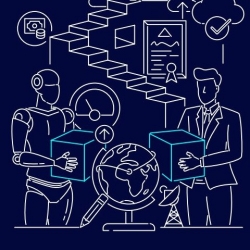 The majority of UK businesses fear becoming ‘irrelevant’ within the next five years through failing to make a successful transition to an automated workplace. To avoid this risk, organisations need to collaborate with their workforces to embrace automation and artificial intelligence, a new report from Capita warns. The report Robot wars or automation alliances? People, technology and the future of work calls for an honest dialogue between business leaders and employees – and urgent, multi-stakeholder action to support employees in the transition to a more automated world. More →
The majority of UK businesses fear becoming ‘irrelevant’ within the next five years through failing to make a successful transition to an automated workplace. To avoid this risk, organisations need to collaborate with their workforces to embrace automation and artificial intelligence, a new report from Capita warns. The report Robot wars or automation alliances? People, technology and the future of work calls for an honest dialogue between business leaders and employees – and urgent, multi-stakeholder action to support employees in the transition to a more automated world. More →









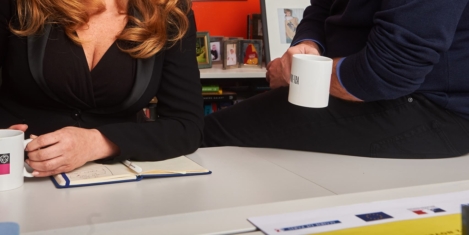
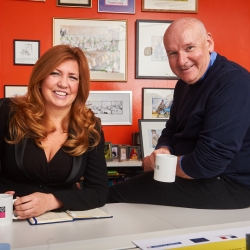
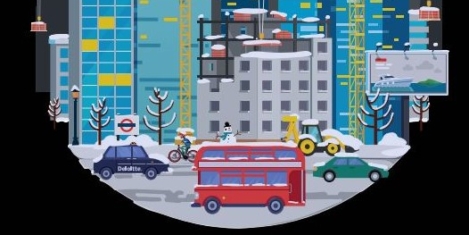
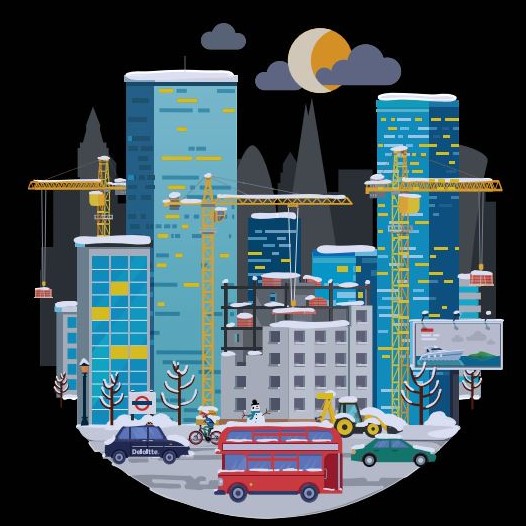
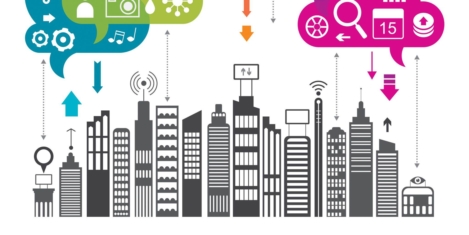



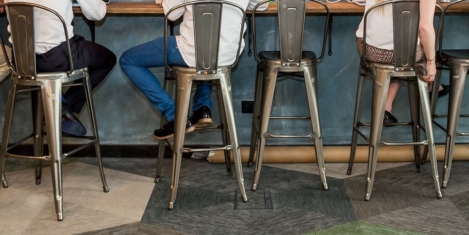
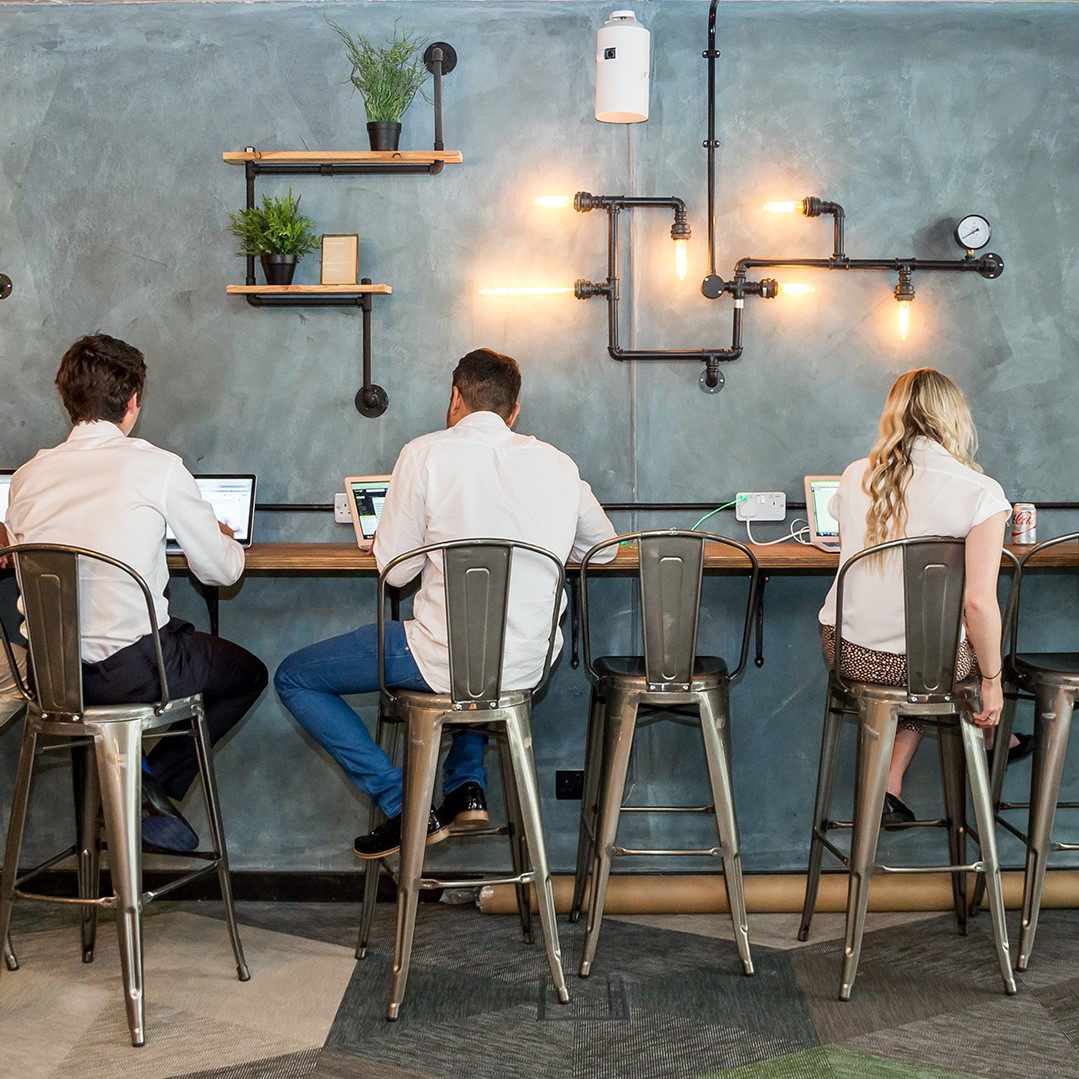
















November 21, 2019
Merging workplace cultures and breaking habits
by Andrew Mawson • Comment, Facilities management, Workplace design